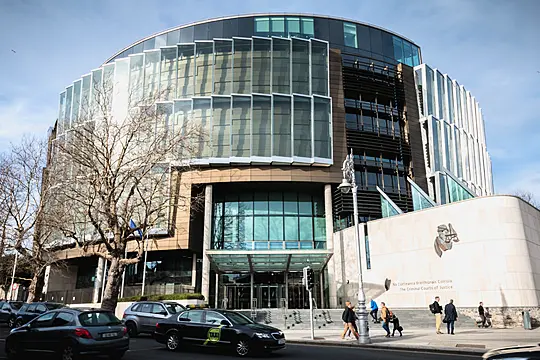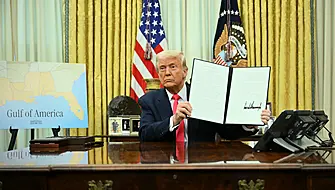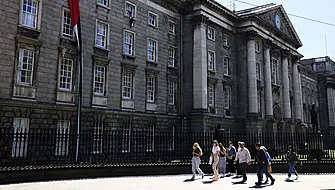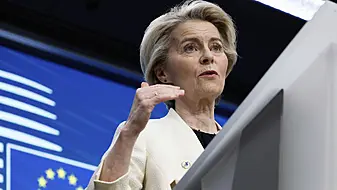A specialist garda interviewer has defended the length of time it took to interview children who were allegedly abused by their parents and other family members.
The garda was today cross-examined by defence counsel in the child abuse trial of three men and three women. The charges against the fourth woman – the children's grandmother – were withdrawn this morning by direction of the trial judge.
The remaining six accused, who cannot be named for legal reasons, include the parents, aunts and uncles of the three main child complainants. The parents are also accused of neglecting five of their children. They deny all charges against them.
Interview early
Under cross-examination from Dean Kelly SC, defending the children's mother, the specialist garda interviewer agreed that it was best practice in such cases to interview the children as soon as they could.
The court heard that the specialist interviewer first became involved in the case at the end of 2016 and met the complainants in June and July, 2017. Recorded interviews were carried out with the child complainants in August 2017.
Mr Kelly submitted there was a clear benefit to a child recording their memory of such allegations “at the earliest opportunity”.
The garda agreed that it was best practice to get an interview as soon as they could, but that they had to be guided by the medical and psychological background of the child.
She said gardaí liaised with the child protection agency Tusla “for months” in the case and that Tusla informed them the children were displaying emotional and behavioural issues.
“The welfare of the children was far more paramount than getting the interview,” the garda said. These children were “severely traumatised”, she added.
“As soon as we got copies of assessments and as soon as it was jointly agreed between gardai and Tusla to interview these children, we went and met these children and interviewed them,” the garda said.
She said that it “certainly wasn't a long delay for us” in meeting the complainants. “In an ideal world you would interview children immediately but it doesn't always work like that.”
Denial of 'steering'
Under cross-examination from Mark Nicholas SC, representing the father, the specialist garda interviewer denied “steering” one of the children in relation to answers about allegations concerning her father.
“At no time did I ever influence any child in what they said in that DVD,” the garda said.
Under questioning from Andrew Sexton SC, representing the 48-year-old man, the garda said she did not see any contradictions in the allegations made by one of the children, described by counsel as a “series of allegations contradicting each other”.
The garda said children would often “dripfeed” disclosures to adults in order to see how they react. “When children are ready to disclose, they disclose,” she said.
Under cross-examination from Conor Devally SC, representing the 27-year-old man, the garda said she had invited the children to write down notes of what had happened to them, if it would help them remember.
She agreed with Mr Devally's assertion that this practice was not in the guidelines, but said she had been doing it for the past 12 years in her work as a specialist interviewer.
Mr Devally put it to the garda that some of the accused – including the grandmother who was no longer before the court - were before the court on allegations that were first written down in notes by the children. He said his client “was not mentioned as doing anything wrong until it was written down”.
The garda said she could only answer to what the children said to her in interview.
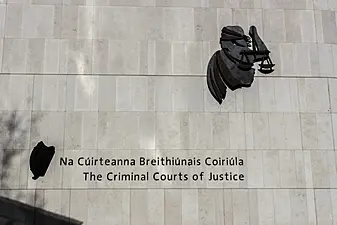
Earlier this morning, Mr Justice Paul McDermott said that following legal argument, he had made the decision that the case against the children's grandmother was to be withdrawn and that she would be found not guilty by direction of the trial judge.
The 57-year-old woman was accused of three counts of sexually assaulting her granddaughter. She had denied the charges.
Earlier in the trial, under cross-examination by Maria Brosnan BL, defending the grandmother, the child said she could now not remember her grandmother doing anything to her.
The trial continues today before Mr Justice McDermott and a jury.
